




SUSTAINABLE SAFETY
over 1 million people sustainably protected, every single day










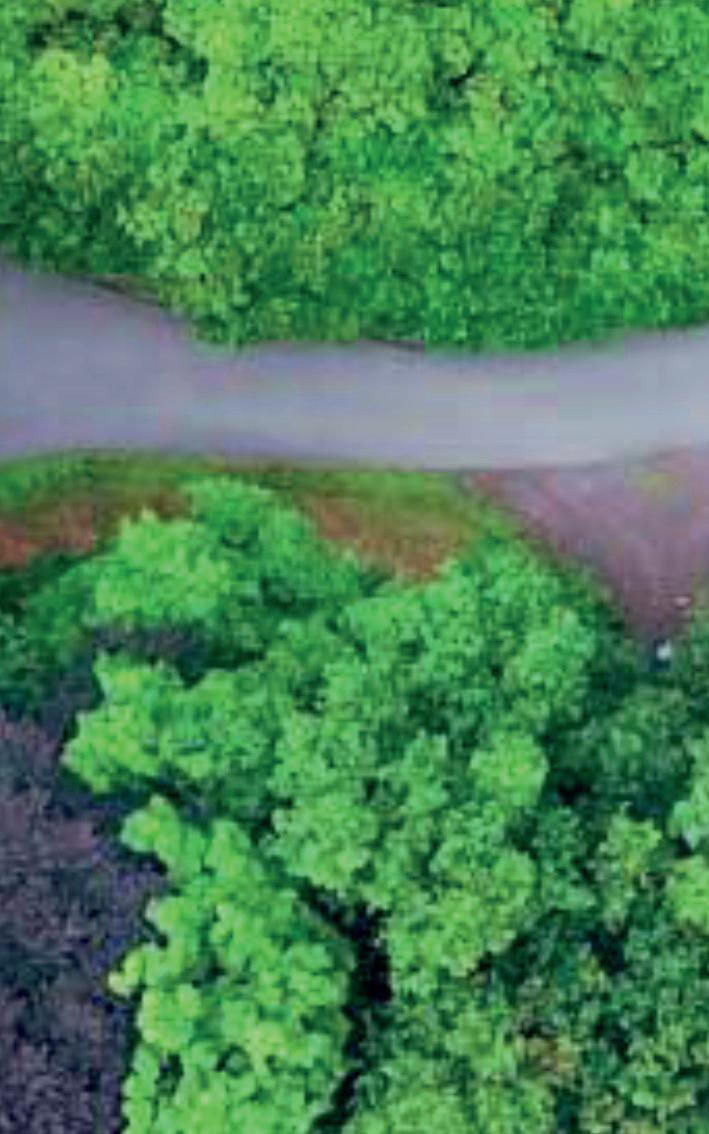



“From doing a good thing for society to really making a difference”










SUSTAINABLE SAFETY
over 1 million people sustainably protected, every single day














“From doing a good thing for society to really making a difference”




Our mission is to protect over 1 million people at work. Every single day. So they may safely return home in good health. That is our dream, for our employees and for our customers’ employees.
Since 2016, sustainability - in every sense of the word – has been expressly incorporated as part of our business strategy under the header of Sustainable Safety.
Vandeputte firmly believes it is not only capable of changing the world in a positive sense but that it
is its duty to do so. Which is why we set out to be the company that, now and in times to come, makes sustainable choices that deliver a positive impact for its stakeholders: customers, employees and suppliers.
Vandeputte is also looking to have a permanent impact on society, in an economic, social, corporate and ecological sense.


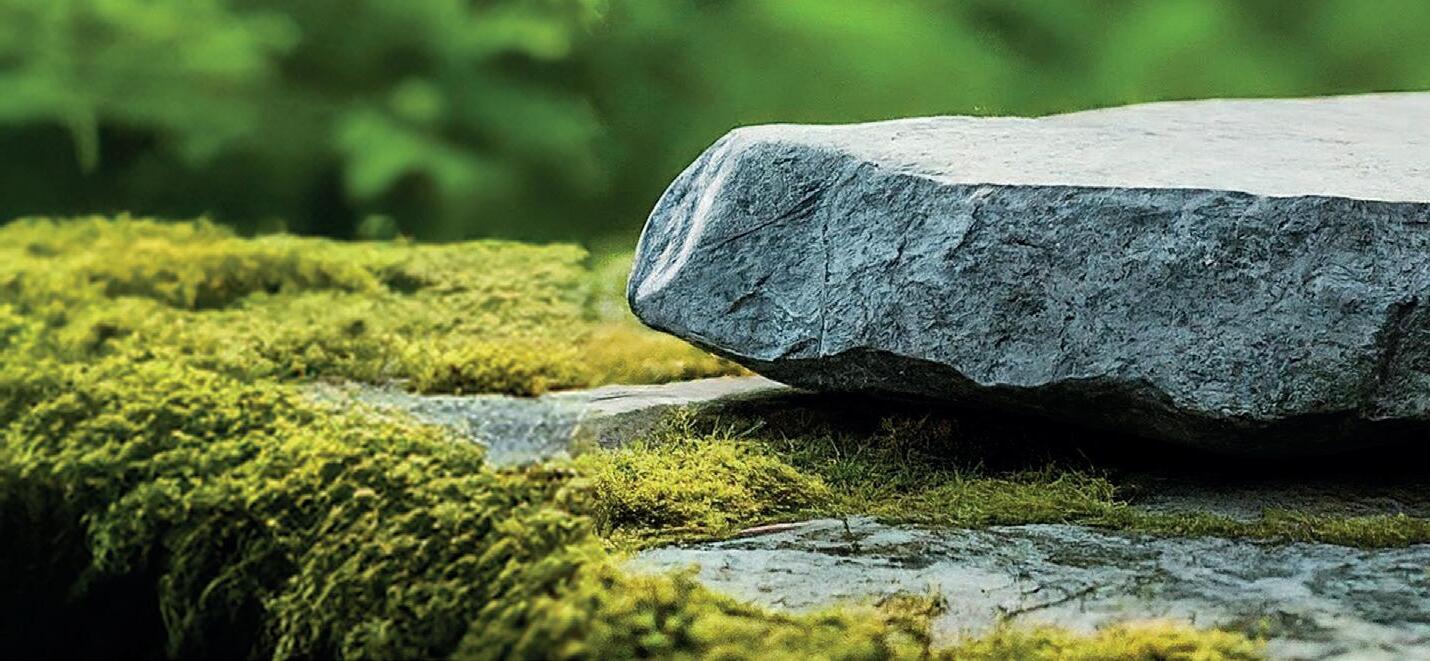



As an organisation with almost 80 years of experience in personal protective equipment and safety at work, we are aware of the impact we have on our environment, both ecologically and from a corporate perspective.
As far as we are concerned, sustainable business is not merely an obligation but the best choice, arising out of our conviction and our ambition to have a positive impact on people and the environment. We have been taking concrete steps in that direction since 2016, when we set up our first CSR working group.
With this, we showcased sustainability within our organisation via initiatives that all our employees could support, from voluntary work to collecting lids and clothing, and even installing a beehive on our site.
In 2021, we took the next step with the introduction of the Sustainable Safety concept, whereby we made sustainability a strategic goal. Sustainability thus became more than a series of unrelated actions; we anchored it structurally in all we do. We constantly review our operations critically, from smooth management processes to incoming transport and the goods stream from the Far East. However, we also aim to be more meaningful for our customers: we would like to help them increase the sustainability of their safety policies, while respecting their context and needs. After all, the right choice is not the same for every company. Our objective viewpoint makes us a valuable partner.
We live in an era of unprecedented uncertainty. Problems in the supply chain, shortages of raw materials and staff, changing geopolitical balances and a stuttering economy all create a highly complex playing field. That is exactly why it is vital to focus on the role we play as a business and, in turn, the responsibilities that come with it.
With Sustainable Safety, we are taking our responsibilities seriously. We aim to take a pioneering role within our chain and actively support a more sustainable future for our customers, employees and society as a whole. We invite everyone to work with us and focus on sustainable safety.
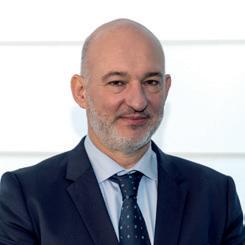
Together, we can make a difference.
Philippe Halsberghe CEO


Founded in 1947, Vandeputte has evolved to become a trendsetter in industrial safety and welfare, initially in Belgium and later also in Europe. Currently, more than 5,600 companies, from SMEs to multinationals, use Vandeputte to guarantee their safety.
The basis for our success is the way in which we adapt our many years of experience and expertise - which includes the most diverse risks and sectors - to a personal approach.
For many years now, the belief that all humans have the right to optimal and comfortable protection in the workplace has been the core driver of our mission.
Our CSR policy, which is part of the company’s global strategy, focuses on providing answers to economic, social, ecological and corporate challenges.
This report’s scope is based on those of our ISO certificates ISO 9001, ISO 14001 and ISO 45001.
It encompasses Vandeputte Safety International NV and its subsidiaries Vandeputte Safety NV, Dimex NV, Global Safety NV, Custom Safety NV, Vandeputte Safety BV.
This publication is part of a desire for transparency and sets out our Group’s commitment to the 10 principles of the United Nations Global Compact, as well as our contribution to the Sustainable Development Goals.
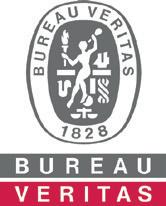


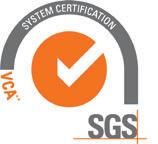




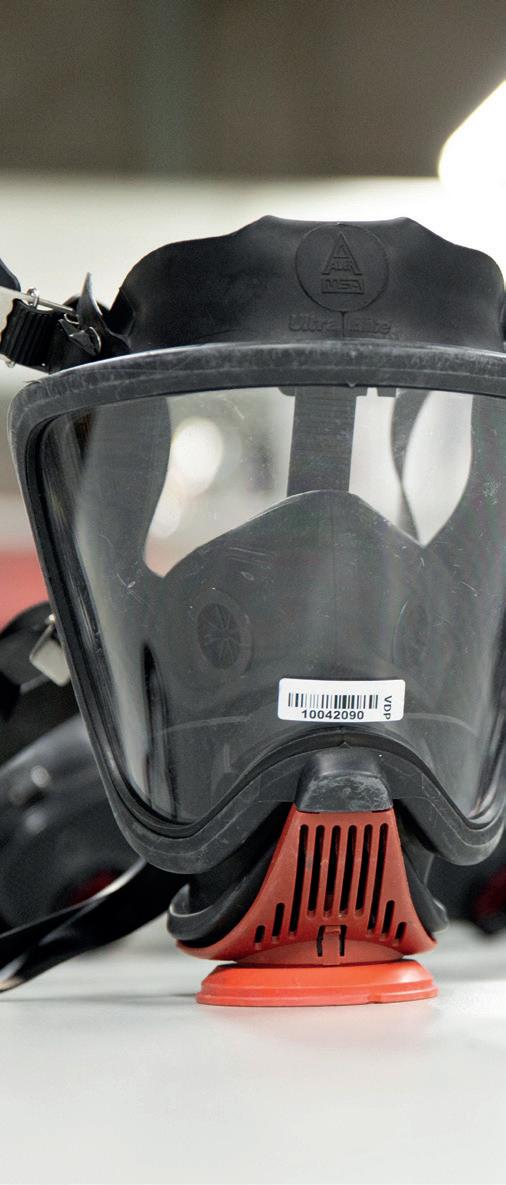
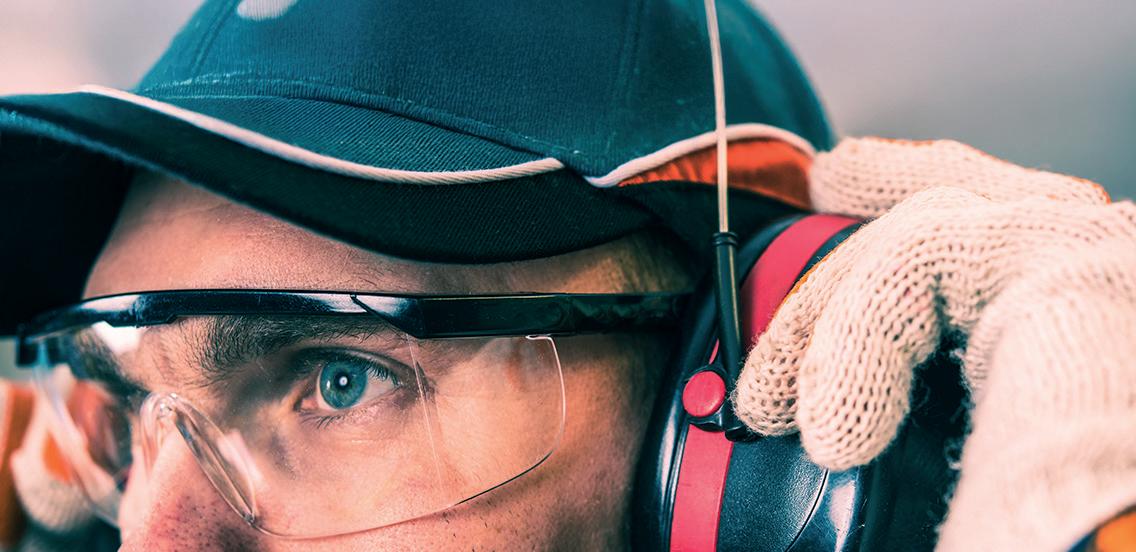
5600
LOYAL CUSTOMERS
14.000sqm
STOCK OF PPE
EXPERT IN PBM’S Sinds 1947
6 sites in 3 countries
BELGIUM, FRANCE, THE NETHERLANDS,
200
DEDICATED SAFETY PROFESSIONALS
SALES € 105 mm
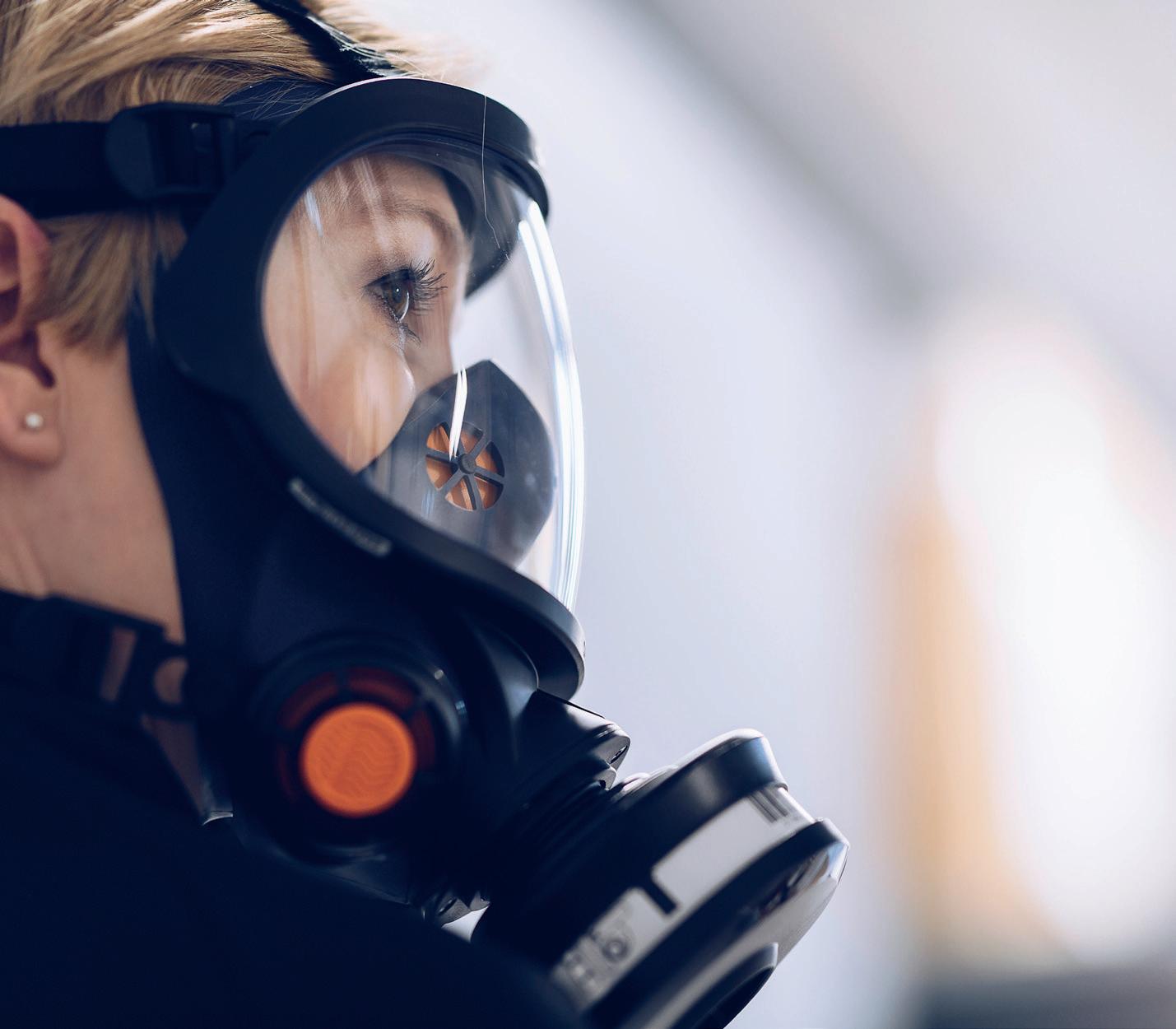
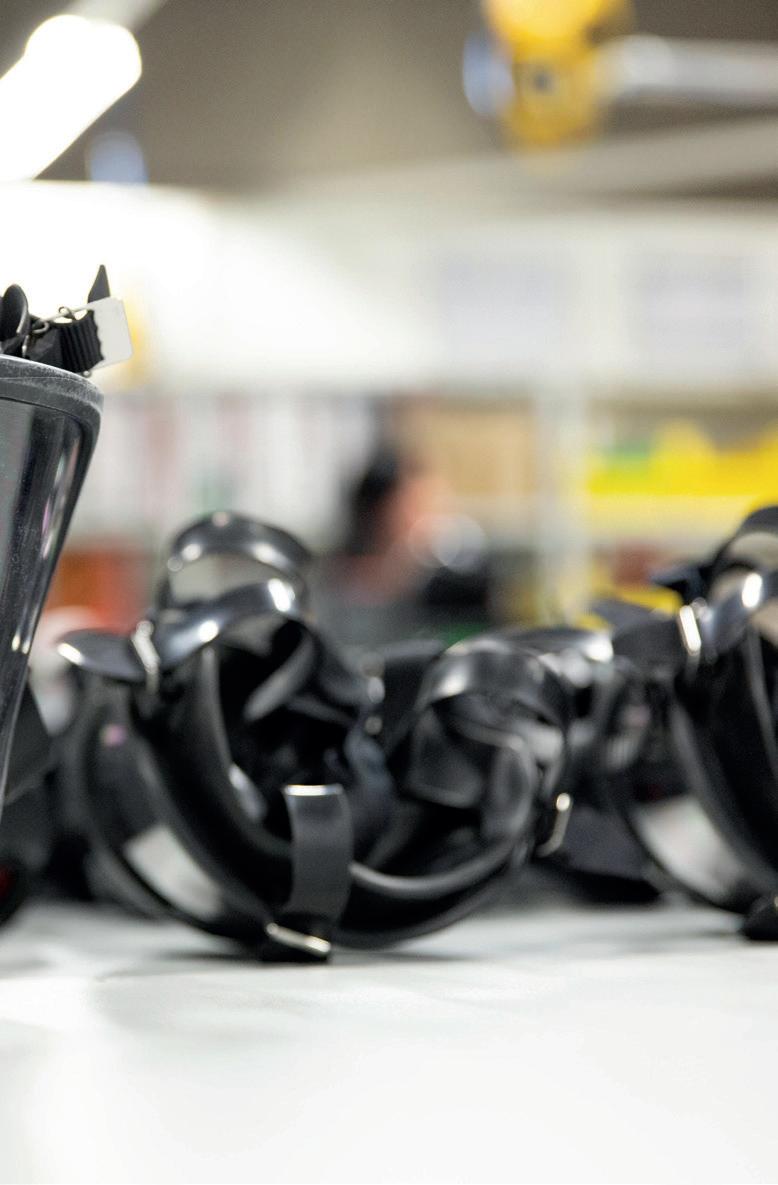
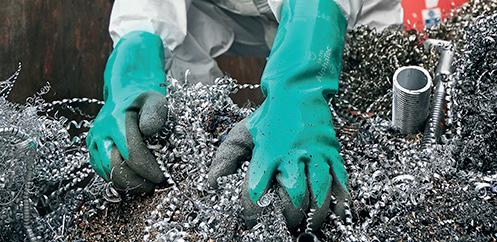
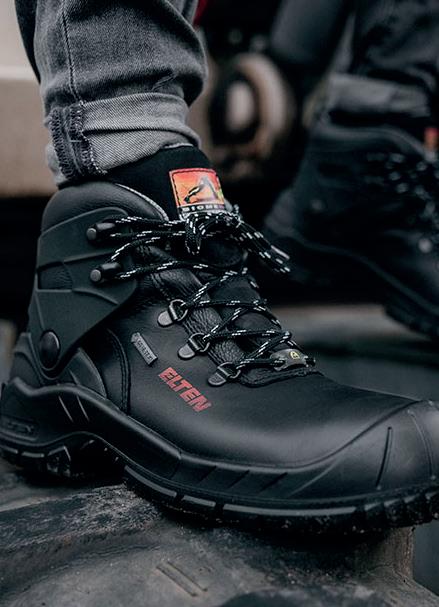
Vandeputte is part of Groupe RG, leader in the distribution of personal protective equipment in Europe. Thanks to our expert teams in 11 countries and 64 agencies, we support our customers in their prevention plans and offer them the right personal protection solutions.
62.200
102.500m2 LOYAL CUSTOMERS
1500 DEDICATED SAFETY PROFESSIONALS STOCK OF PPE
IN 11 COUNTRIES
€ 522 mm
64 branch offices SALES
Our CSR policy builds on open dialogue and transparency with our key stakeholders, focusing on mutual trust and the creation of shared values.
This detailed outline is the first step in determining priority CSR themes via a stakeholder and materiality analysis.
• Communities
• Users
• Private and public companies
• Artisans
• Members of staff:
• RG Governing bodies
• Staff representation
• Unions
• Media and social media
• Competitors
• Trade organisations
• Educational establishments
• Associations and NGOs
• Government services
• Legislators
• PPE manufacturers and businesses
• Transport and logistic service providers
• Training organisations
• Waste workers and recycling
• Communication agencies
• Certified institutions
• Screen printers
• Investors
• Shareholders
• Bank and insurance bodies
• Supervisory Directors
This year, we conducted a double materiality analysis in anticipation of European regulations.
This report is prepared in accordance with the new Corporate Sustainability Reporting Directive (CSRD), which aims to harmonise and improve the quality of sustainability information published by European companies.
Financial Materiality
Financial materiality identifies potential risks and opportunities that may affect the company’s financial performance. These risks and opportunities may be related to environmental and social factors and are assessed based on their impact on revenue and the likelihood of occurrence within the next ten years.
It presents the main environmental, social, and governance impacts, risks, and opportunities (IRO) of the RG Group, as well as its key sustainability commitments.
The process was based on in-depth interviews with the departments of Sustainability, Purchasing, Private Labels, HR, Finance, QHSE, Sales, and the subsidiary VDP (hereafter referred to as the “experts”).
Impact Materiality
This refers to the analysis of the positive or negative, potential or actual impacts of operations and the value chain on the environment and people, taking into account the severity, scale, remediability, and likelihood of occurrence.
The analysis was carried out in four steps: 1 2 3 4
Identification and formalisation of initial IROs based on internal documents and expert interviews
Scoring of IROs using a predefined evaluation grid
Presentation of the scoring and double materiality matrix to the experts, followed by refinement of the results
Presentation of the matrix to RG Group’s auditors and management for validation
The following matrix is the result of this analysis. The points in the pink area are considered material.
Following this analysis, a gap analysis was conducted between the data expected by the CSRD and the data currently available within the RG Group.
This analysis will be useful in preparing the mandatory sustainability report in 2028.
Working condi ons of workers in the value chain
Economic, social, cultural, civil, and poli cal rights of communi es
Corrup on and bribery
Safety of consumers and end users
Substances of concern and microplas cs
Impact of the upstream value chain on biodiversity loss
Social inclusion of consumers and end users
Data security of end users
Other governance principles (animal welfare, poli cal engagement, whistleblower protec on)
Water resources used in the upstream value chain
Adapta on of business ac vi es to new climate-related hazards
Air, water, and soil pollu on in direct opera ons
Decarboniza on of the value chain (mi ga on) Direct energy consump on Air, water, and soil pollu on in the upstream value chain
Circular economy
Equal treatment and equal opportuni es for all Child labour and forced labour in the upstream value chain
Management of supplier rela onships
Weakening of corporate culture
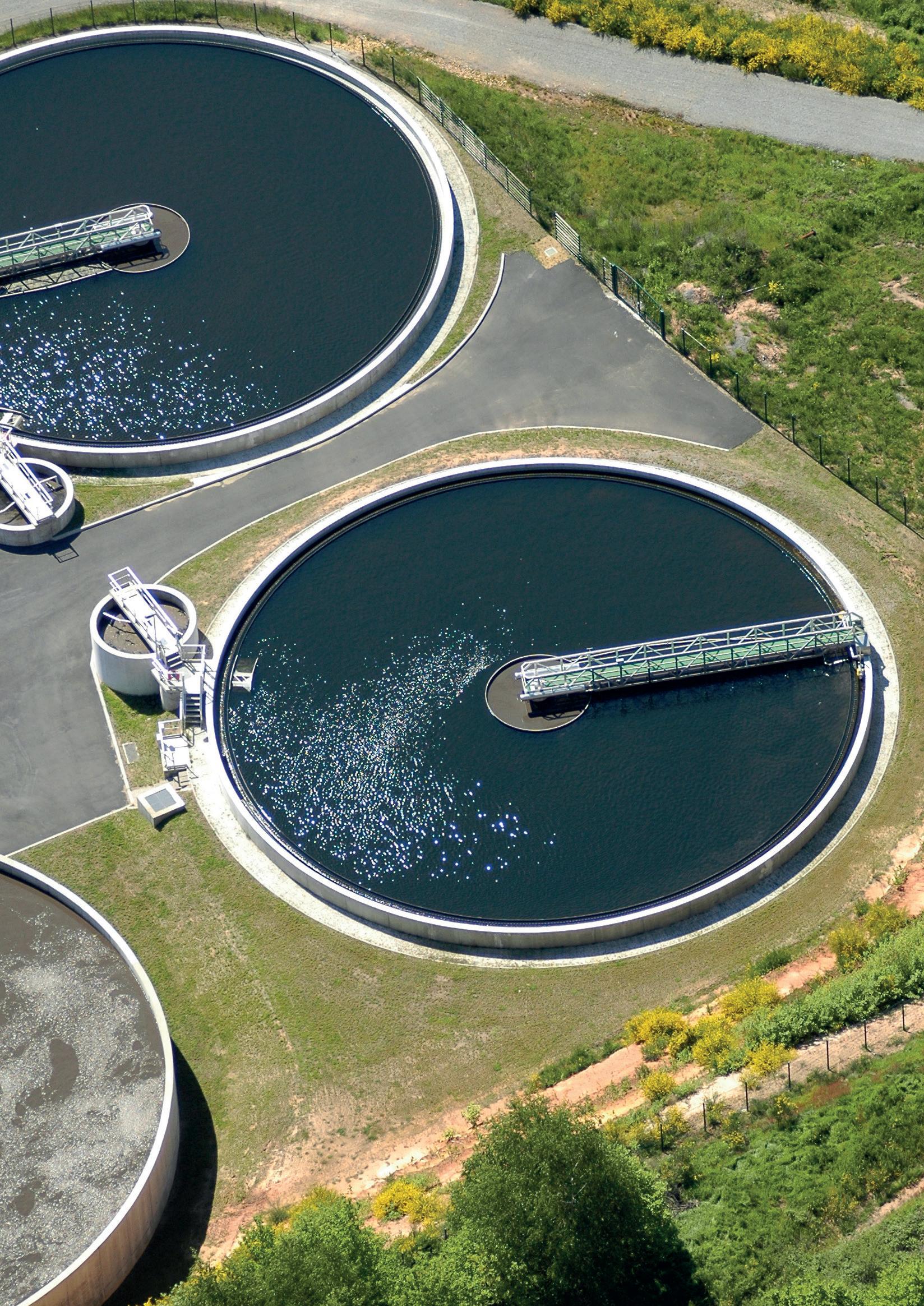
Our CSR Policy is based on the guidelines from the ISO 26000 standard.
Expand the percentage of ECOLOGICALLY DESIGNED products in our range via our RESPONSIBLE PURCHASING POLICY
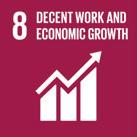
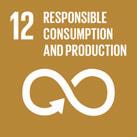
REDUCE the ECOLOGICAL FOOTPRINT of our activities according to the principles of the CIRCULAR ECONOMY
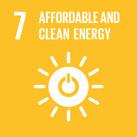
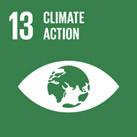

This is built around four priority themes, which are translated into our engagements on an economic, social, ecological and corporate level.
Guarantee a SAFE, INCLUSIVE WORKING ENVIRONMENT and stimulate the DEVELOPMENT, EXPERTISE and COMMITMENT of every employee
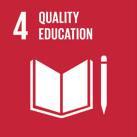
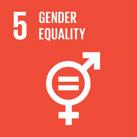
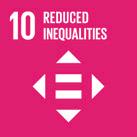
Stimulate the TRANSITION of the PPE sector to a MORE SUSTAINABLE MODEL and support
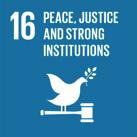
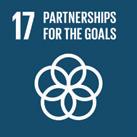
Since 2007, Groupe RG has been a signatory of the United Nations Global Compact and is committed to compliance with the 10 universal principles in relation to human rights, the standards of the International Labour Organisation (IAO), environmental protection and anti-corruption.
The actions taken actively contribute towards the United Nations Sustainable Development Goals (SDGs).
(principles 1 and 2)

• Ethical and responsible code of conduct and suppliers’ relationship code
• Affiliated to the RFAR-Charter (Charter for Responsible Supplier Relations and Procurement) since 2020
• Monitoring the CSR practices of our suppliers
(principles 3 to 6)

• Signatory of the Diversity Charter since 2008
• Code of conduct for professional processing and a reporting system for any cases of discrimination.
• Signing collective agreements with representative union organisations
(principles 7 to 9)

• Commitment to the Science Based Targets Initiative to set out de-carbonisation pathways.
• Launch of the RGreen Concept™, an assessment system which stimulates responsible production and consumption of PPE
• Development of PPE manufactured using recycled materials
• Contribute towards the development of recycling chains for PPE
(principle 10)
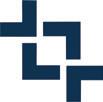
• Training for employees who are exposed to corruption risks
• Code of conduct for professional practices and a reporting system for any cases of corruption
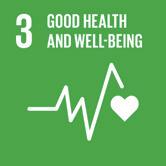
3 Support good health and well-being for all people of all ages..
# Engagement 4
Encourage mental health via a periodic Human Capital Scan and tele-working facilities, and promote cycling via a bicycle policy and lease plan.
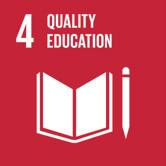
4.4 By 2030, substantially increase the number of young people and adults who have the skills, particularly technical and vocational, that are necessary for work, dignified work, and entrepreneurship.
# Engagement 6
Encourage the development of skills, competencies and commitment.
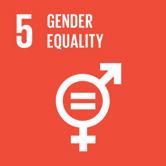
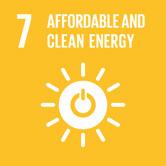
5.1
Eradicate all forms of discrimination against women and girls across the world.
# Engagement 5
Support inclusion, diversity and the fight against discrimination in the organisation.
7.2 Use of renewable energy sources.
# Engagement 9
Improve the environmental impact of our sites.
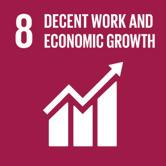
8.8
8.12 Defend the rights of workers, encourage safety at work and guarantee the protection of all employees.
Apply the ILO Global Jobs Pact.
# Engagement 4
Ensure working conditions which guarantee the health, safety and well-being of our employees.
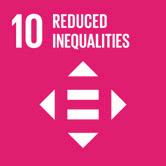
10.2 Encourage inclusion for everyone, irrespective of age, gender, disability, race, ethnicity, origins, religion, economic or other status.
# Engagement 13
Contribute towards the (re)integration of people who are disadvantaged in the labour market.
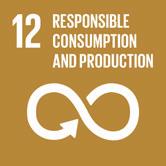
12.2
12.5
12.6
Sustainable management and efficient use of natural resources.
Reduce the quantities of waste via prevention, reduction, recycling and reuse.
Encourage businesses to apply sustainable practices.
# Engagements 1, 3, 8 and 10
Implement a sustainable purchasing policy. Limit the environmental and social impact of products which are produced under private labels.
Reduce our CO2 emissions.
Contribute towards the development of PPE recycling channels
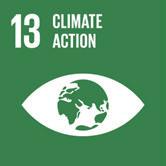
13.3 Improve awareness and the capacity to adapt to climate change, as well as its mitigation and alleviation.
# Engagements 8 and 9
Reduce our CO2 emissions.
Improve the environmental impact of our sites.
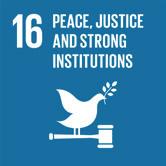
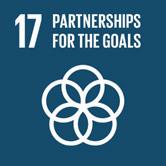
16.5 Significantly reduce corruption and bribery in all their forms.
# Engagement 12
Support the fight against corruption.
17.17 Encourage and support partnerships with stakeholders.
# Engagement 11
Strengthen dialogue and collaborations with our key stakeholders.
over 1 million people from harm at work every single day so they may safely return home in good health
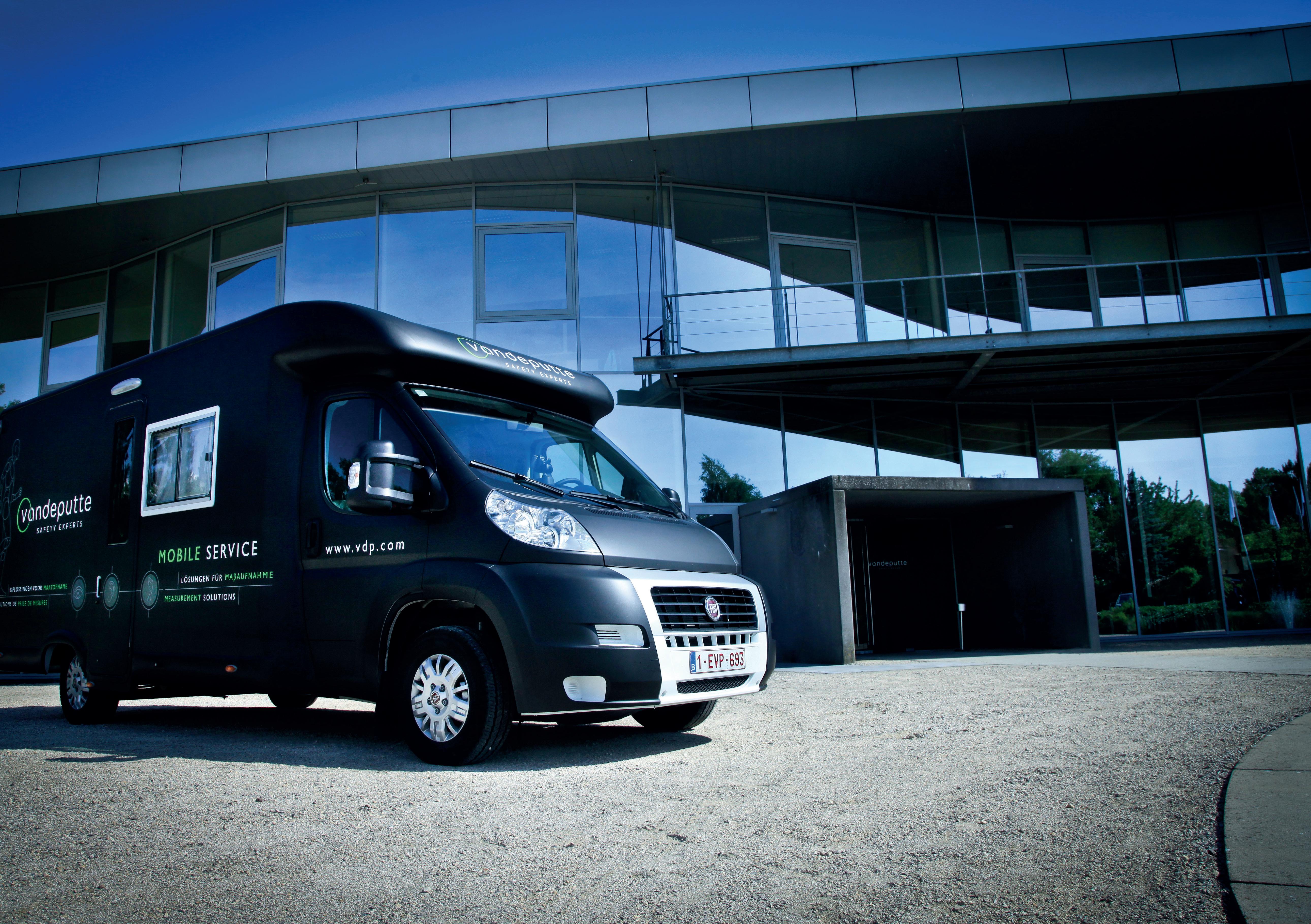
a) Energy consumption per unit turnover per degree day
• Definition: The quantity of purchased energy (MWh) that is used. Per unit turnover taking into account degree days.
• Aim: Reduce purchased energy consumption per unit of turnover by 25% by 2030. (ref. 2020)
• Frequency: Annual
• Benchmark: Internal objective.
Measures: Implementation of energy efficient measures (cf. energy audits) Optimisation of use of own energy production Awareness-raising with focus on behaviour.
b) CO₂ emissions per unit of turnover (*excl. trade goods)
• Definition: The quantity of CO₂-equivalent (kg CO₂ e) that is emitted per unit of turnover. Including direct and indirect emissions (scope 1, 2 and scope 3 in own operations).
• Aim: Reduction of CO₂ emissions by 41% in line with national or international climate goals by 2030 (ref. 2020).
• Frequency: Annual
• Benchmark: National climate goals, as per the Paris Agreement and own CO2 reduction goals.
Measures: The green energy contract (Jan 2025) will lead to an improvement by +/- 85% in scope 2. Further improvements in the sustainability of the (internal and external) fleet will have an additional impact.
c) Percentage of renewable energy in total energy consumption
• Definition: The share of renewable energy (wind energy, solar energy, biomass, etc.) in the organisation’s overall energy consumption.
• Aim: Increase the percentage of renewable energy to 70% by the year 2030.
• Frequency: Annual
• Benchmark: Compare with sector standards and legal requirements.
Measures: The green energy contract (2025) will lead to an improvement of up to +/- 70%. Alternatives for the remaining natural gas heating are being investigated.
a) Waste per unit of turnover
• Definition: The quantity of waste (kg) that is generated per unit of turnover.
• Aim: Reduce waste by 20% per unit of turnover by 2030. (ref. 2020)
• Frequency: Annual
• Benchmark: Compare with previous years.
Measures: Disposal of COVID bulk fractions still distort results through 2025 Stock and process management to prevent waste Research into upcycling or closed loop solutions: Wood waste cut by 10 tonnes in 2024 due to recuperation agreements.
b) Percentage of waste that is recycled or reused
• Definition: The percentage of generated waste that is sorted for recycling or reuse instead of being disposed as residual waste.
• Aim: Recycle or reuse 97% of waste by the end of the year.
• Frequency: Annual
• Benchmark: Internal objective.
Measures: Environmental island for sorting 24 waste fractions
a) Water consumption per unit of turnover (1K€)
• Definition: The quantity of water (m³) that is consumed per unit of turnover.
• Aim: Reduce drinking water consumption per unit of turnover by 50% by 2030. (ref.2020)
• Frequency: Annual
• Benchmark: Compare with internal goals and sector benchmarks for water consumption.
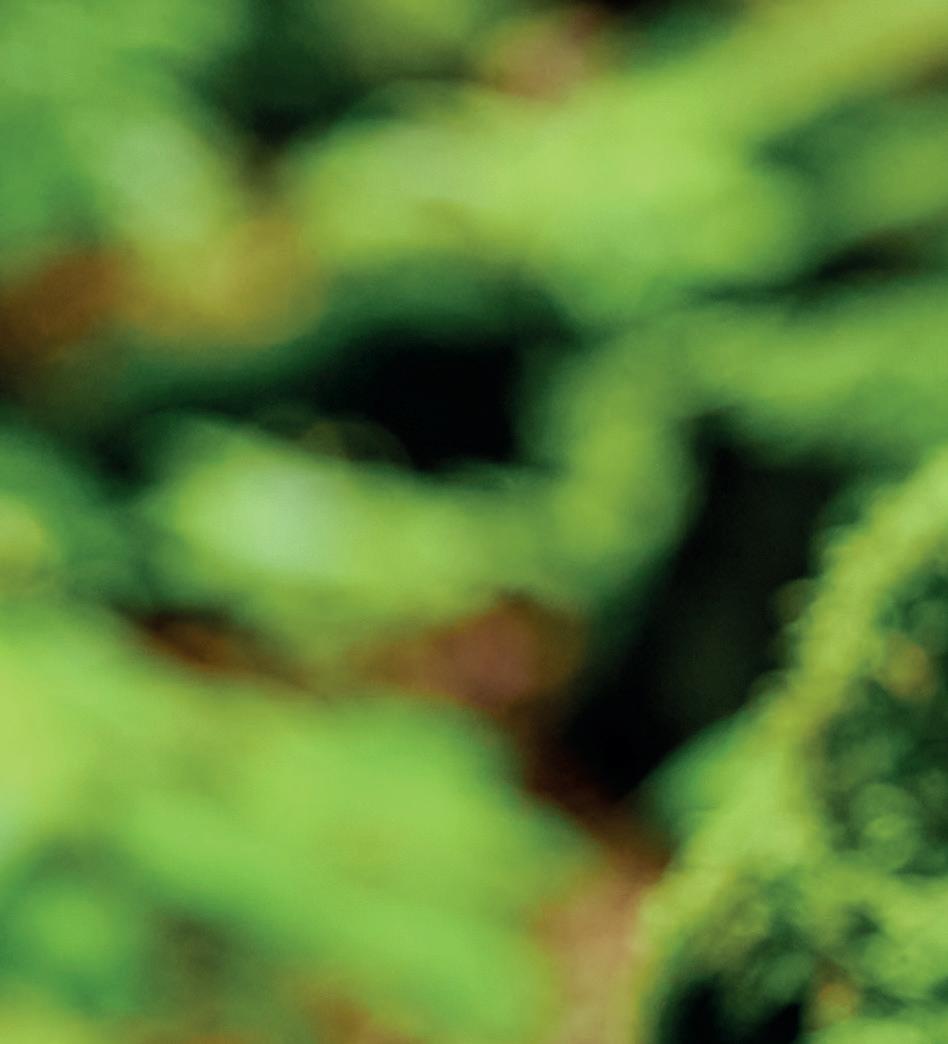
Measures: Optimisation of rainwater recovery, leak detection and optimisation of pond maintenance are all included in the Facility master plan
c) Incident frequency level
• Definition: The number of accidents with absence per 1,000,000 worked hours
• Aim: A reduction in the number of incidents per worked hours.
• Frequency: Annual
• Benchmark: Sector benchmark (Fedris NACE52) or previous periods
Measures: permanent awareness, training and education
b) Participation percentage in bi-annual Human Capital Scan
• Definition: Participation percentage in the risk analysis for psychosocial aspects by means of Human Capital Scan.
• Aim: Aim for participation of at least 85% of employees
• Frequency: Biennial
• Benchmark: Compare with previous years.

Measures: raise awareness directly and via social partners





We wish to build sustainable and fair relationships with our suppliers. Our purchasing activities follow the group’s values and focus on four priorities: legal certainty, economic performance, ethics and socially responsible purchasing.
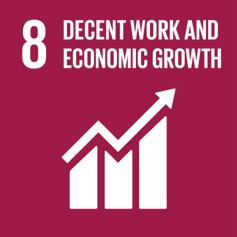
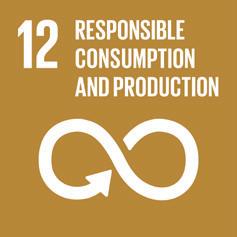
Purchasing is a strategic pillar within Vandeputte and Groupe RG
Our responsible sourcing policy is based on ethical principles and a code of conduct that we share with our suppliers through our Supplier Charter.
At the beginning of 2020, the group launched an innovation with the RGreen Concept™ programme: an assessment system which allocates a score of 0 to 4 planets to each product, based on four environmental and social criteria
E-Vision-range ecologically designed on the basis of recycled polyester (varying from 60% to 80% depending on the model) and certified according to the GRS (Global Recycled Standard)
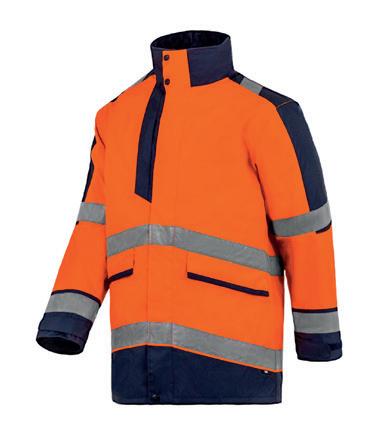




Expanding our range of products made from recycled materials:
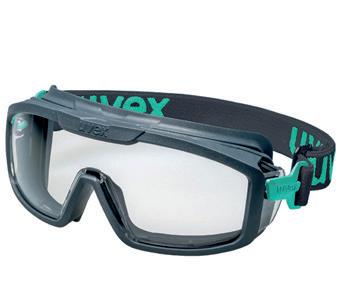
3-in-1 safety goggles made of recycled and bio-based materials - UVEX i-range planet
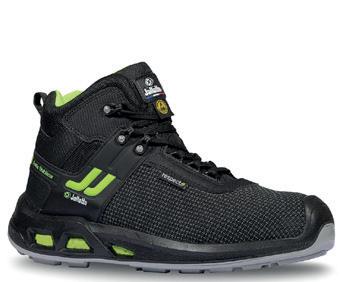

Safety shoes from recycled and biobased materials - J’RESPECT range JALBAMBOU
• Create a catalogue with ecologically responsible products
• Further integrate RGreen and expand CO₂ eq calculations for products
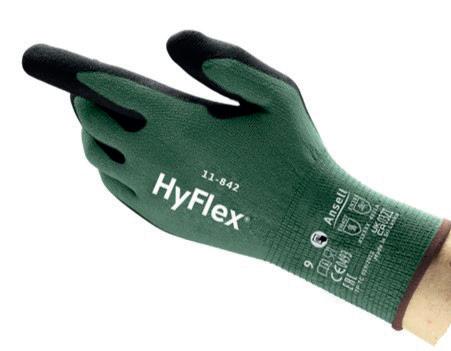
HyFlex 11-842 gloves with 30% recycled materials
When selecting suppliers, Vandeputte and Groupe RG take account of various CSR criteria. Suppliers must undertake to respect the requirements in the Suppliers Charter and the collective clauses in their framework contract.
• Audits of 89% of the factories used by our house-brand manufacturers according to the international reference standards BSCI, SMETA and SA 8000.
• Reassessment of our range with the RGreen Concept™ score system, products evaluated according to the following 4 criteria:

Criteria 1
CSR approach of the manufacturer, evaluated and certified by an independent body.

The product has been awarded a quality mark OR

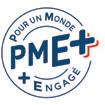

Criteria 2
The product has been awarded a quality mark OR ISO 14001-certification of the production site



Labelled product
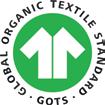
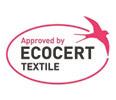

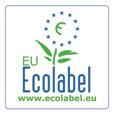
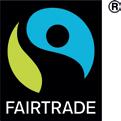
Certified production location


Criteria 3
Product location within a radius of maximum 2,000 km from Strasbourg AND located in a country which, in 2022, featured in the top 30 of the IPR rankings
• Provide a questionnaire about their CSR practices (RSE) to all our suppliers with a framework agreement
• Collect the results of the life-cycle analysis (LCA) conducted by our suppliers on their products

Criteria 4
Product design based on recycled or bio-based materials for at least 15%, according to the EN ISO 14021 standard
Production location < 2000km
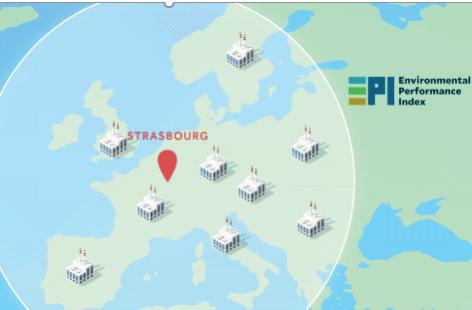
Ecological design
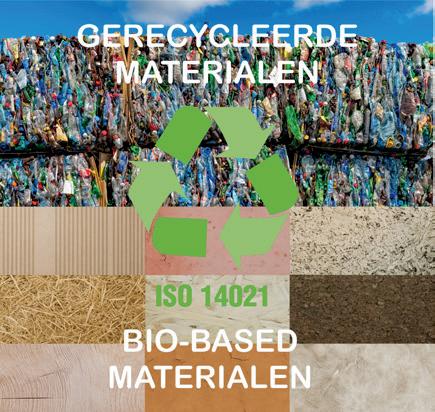
Limit the environmental and social impact of products which are produced under private labels

The policy for responsible purchasing applied by Vandeputte and Groupe RG strengthens the longterm partnerships with suppliers and encourages ecological design.
Our MDD (Distributor Brands) offer an alternative solution which creates value for our customers, with a high level of comfort and protection. For ongoing and future new items, our ambition is to limit the environmental and social impact by means of a holistic approach across the product’s full life cycle, without compromising on legal and normative requirements.
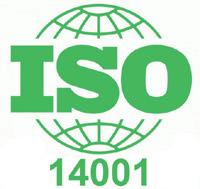
van de fabrieken voor de productie van MDD-producten zijn gecertificeerd 71%
• De nieuwe productverantwoordelijken in ecologisch ontwerp opleiden
• De koolstofvoetafdruk van de belangrijkste MDD-reeksen meten
• Een reeks T-shirts gemaakt van biogebaseerde materialen ontwikkelen
• Een plan opstellen om de milieu-impact van de verpakkingen van de MDDreeksen te verminderen
ACTIONS AND INDICATORS 2024
• A route map for the eco-design of our MDD product series

• Launch of the Samurai Grip-Flex gloves, comprising 51% of recycled material and certified according to the GRS (Global Recycled Standard)
• Increase in the share of recycled material from 17% to 21% in the eco-design of safety shoes produced in Italy

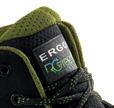

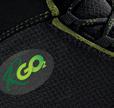
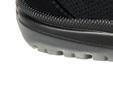
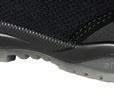


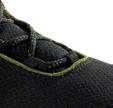
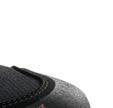
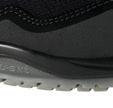

Schoen PERSEA, gamma RGO




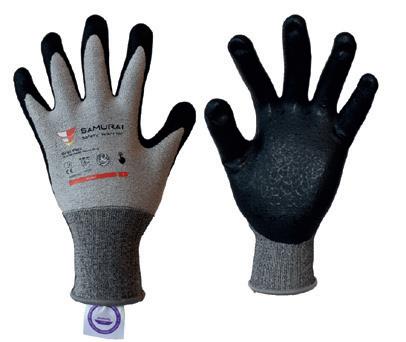
Handschoen SAMURAI, GRIP-FLEX bio-based dyneema










Stimulate a safe, inclusive working environment and the development, expertise and commitment of every employee
Ensure working conditions which guarantee the health, safety and well-being of our employees
As a distributor specialised in PPE (Personal Protective Equipment), Vandeputte is especially focused on ensuring good employment conditions and preventative measures to guarantee the health and safety of our employees.
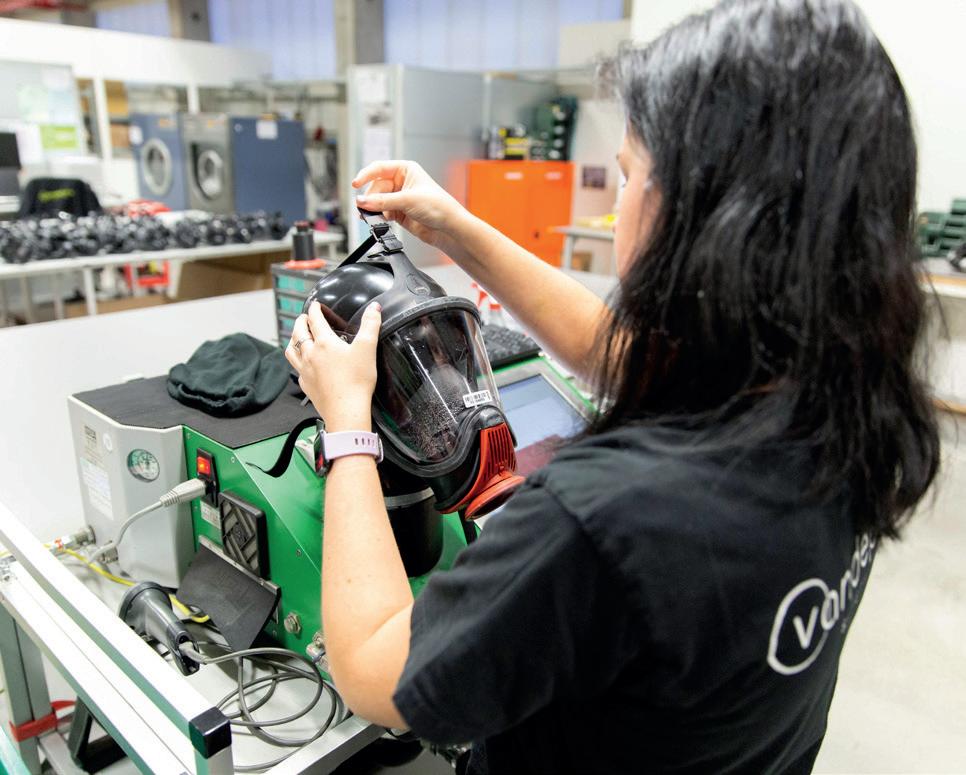
• Elaborate the Facility Master Plan with a view to restructuring the offices, taking account of ergonomic risks
• Follow-up the Human Capital Scan with organisational and department-specific action plans
• Conduct a risk analysis for storing and shipping trade goods

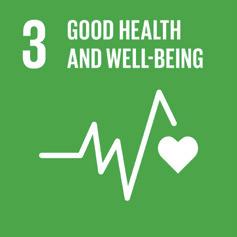
• Elections and launch of social consultation bodies, the Works Council (OR) and the Committee for prevention and protection at work (CPBW) as well as regular work consultations in the Netherlands
• Update of all risk assessments and update of the corresponding action plans
• Implementation of an integrated management system and software for ISO 9001, ISO 14001 and ISO 45001
• The biennial Human Capital Scan that probes the psychosocial well-being of our employees with a response rate of 84%
• Option for our employees to lease a bicycle thanks to our bicycle policy
• Facilitating home working
340 hours
health and afety training
Level of frequency (Fg)
4,20 0,008
Severity level (Eg)
inclusion, diversity and the fight against discrimination
As a signatory of the Diversity Charter since 2016, Vandeputte and Groupe RG consider diversity and inclusion as “providing added value to the company, while expanding the organisation’s perspectives and capacities”.
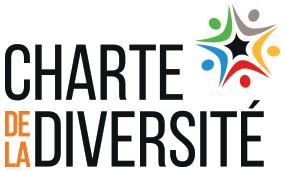
In 2020, the code of conduct for professional practices was distributed to all employees. This clearly sets out that every form of discrimination is unacceptable and that only professional competencies may be considered in recruitment, career development or other decisions.
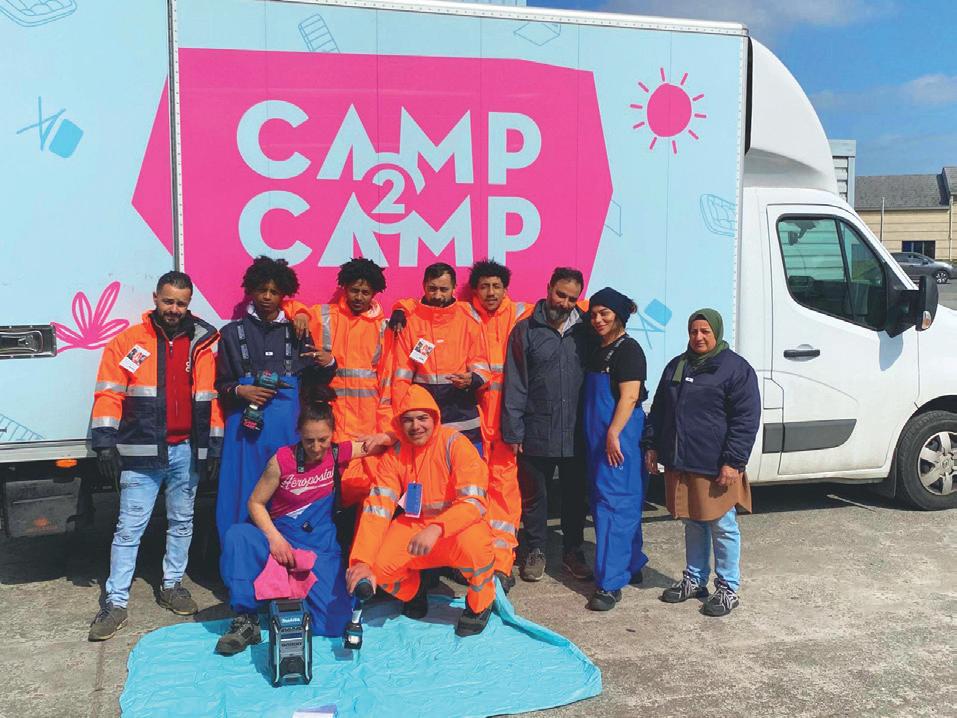
• Further support and utilise the complementary social and circular activities of ECOSO vzw, via our sustainable collaborative agreement
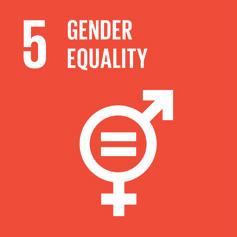
• Training and appointing new confidants in Belgium and the Netherlands.
• Starting the collaboration with ECOSO vzw for circular person-centric work, e.g. donating PPE and clothing to a work-experience project for refugees and people who are disadvantaged in the labour market
• A living wage for all employees, in line with our HR policy and the valid Collective Labour Agreements
Index for gender equality at work reports of incidences of discrimination or bullying received 97/100 0





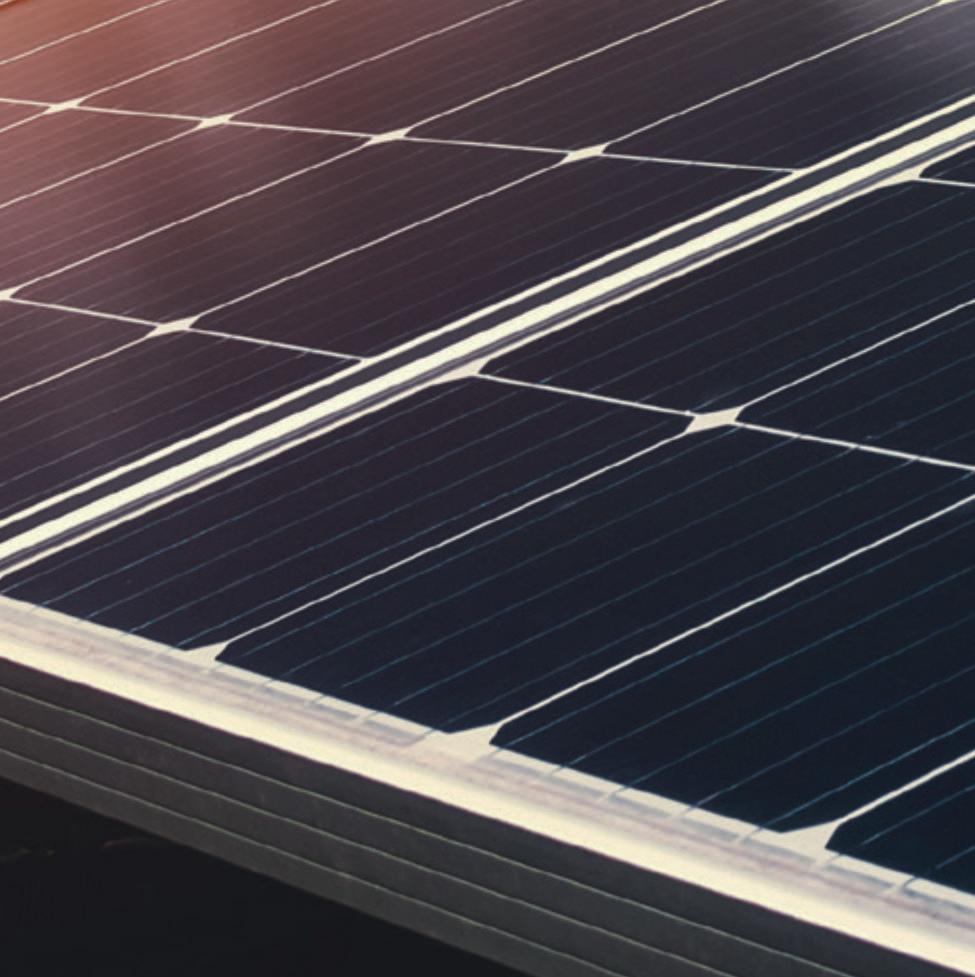
Encourage the development of skills, competencies and commitment
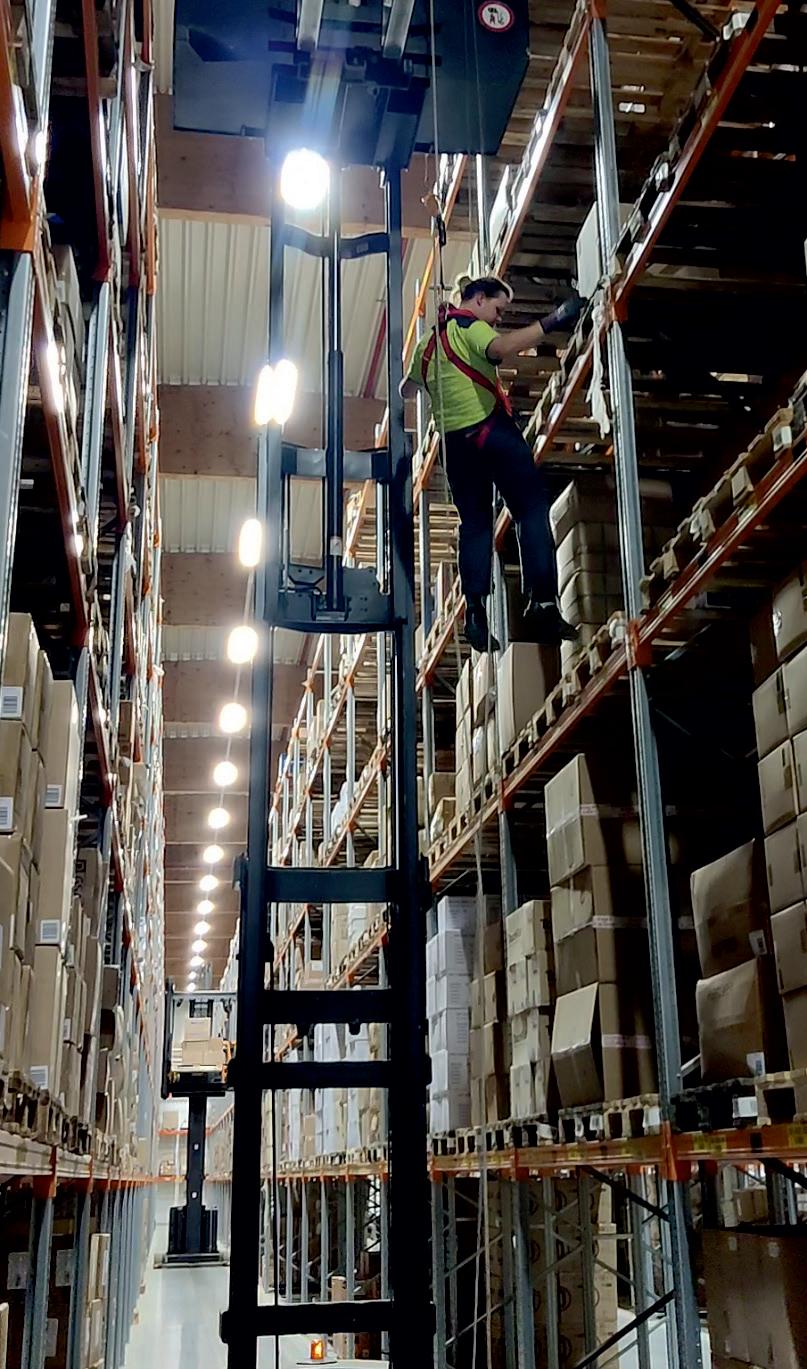
• Organise training with a view to ISO 27001:2022 certification (Information security)
• Organise training for commercial employees on the eco-design of new sustainable products
• Expand safety training
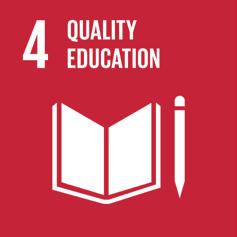
Vandeputte’s aim is to support its employees in every phase of their careers within the company, by means of a plan for managing skills that focuses on three pillars: individual interviews, training and professional mobility.
Particular attention will be paid to the onboarding of new employees to ensure they are effectively integrated in the very best conditions.
• Competency profile extended to 100% of employees
• Review of all job descriptions
• Learning pathway managers and supervisors
• Self-rescue training for drivers of narrow-aisle trucks (SGTs) in our logistics centre in Puurs-Sint-Amands.
6418 hours 88%
training provided of employees have completed at least one training session
The directors at Vandeputte would like to maintain transparent dialogue with the social partners, be open to everyone, and ensure that everyone finds their place in a company that is expanding rapidly.
• Discuss the results of the Human Capital Scan across the organisation and allow employees to participate in the design of measures
• Follow up these measures together with the social consultation bodies
• Further expand the foundations of the open-dialogue culture at Vandeputte

• Elections and launch of social consultation bodies, the Works Council (OR) and the Committee for prevention and protection at work (CPBW) as well as regular work consultations in the Netherlands

• Roadshows by the directors at the branches and bi-monthly digital business updates to encourage the involvement of employees in the strategic plans
• Structural consultation moments with employees and their representatives, with an emphasis on open communication and mutual respect in order to strengthen the social dialogue within our organisation
• Transparent internal communications via accessible channels and two-way traffic thanks to feedback mechanisms such as anonymous surveys and suggestion tools
• The active involvement of employees in policy formation via working groups and participative pathways, along with targeted training and support for managers and staff representatives to strengthen dialogue skills
• The appointment of a confidant to provide an accessible point of contact in the event of sensitive issues

• An inclusive and accessible consultation culture for all staff groups
• Showcasing examples of successful collaboration to encourage engagement and trust





Reduce the ecological footprint of our activities according to the principles of the circular economy
Combating climate change is one of the biggest challenges of the 21st century. In line with the goals of the Paris Agreement, Vandeputte actively works on reducing the CO2 emissions that correspond to its activities.
CO2 emission reduction goals by 2030 (vs 2020)
Scope 1 -41%
Scope 2
Scope 3
for the scope-specific intensity goals, we refer to the KPIs in the step-by-step plan
• Set out our decarbonisation plan to the SBTi by end of 2025 Conduct simplified life-cycle analyses (LCA) for our best-sellers
• Continue the gradual decarbonisation of our range by stimulating the sales of eco-design products
• Reduce the CO₂ emissions of downstream transport by optimising delivery planning and agreements with external logistics partners

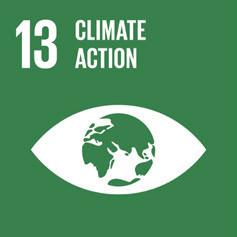
Annual carbon balance drawn up for scope 1 to 3
Defining a decarbonisation pathway per scope in line with our SBTi-obligations
Key points of the decarbonisation pathway
Increase the sustainability of our vehicle fleet
Already 42% electric cars Alternatives to gas heating
100% green energy for all sites
• Development of eco-design product ranges
• Reduction of delivery frequency to customers (by bundling and planning orders)
• Reduction efforts of external transporters


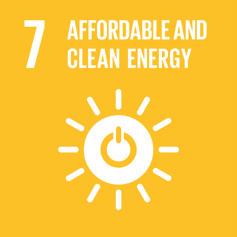

Thanks to the Facility Master Plan, Vandeputte aims to optimise the environmental impact of its buildings and monetise the waste streams coming from its activities.
• Energy audits of the head office and logistics centre
• Set up an environmental island in the logistics centre for the selective collection of 24 waste fractions
• Monetisation of by-products which would otherwise be disposed of as waste and wood waste cut by 10 tonnes in 2024 thanks to recovery agreements.
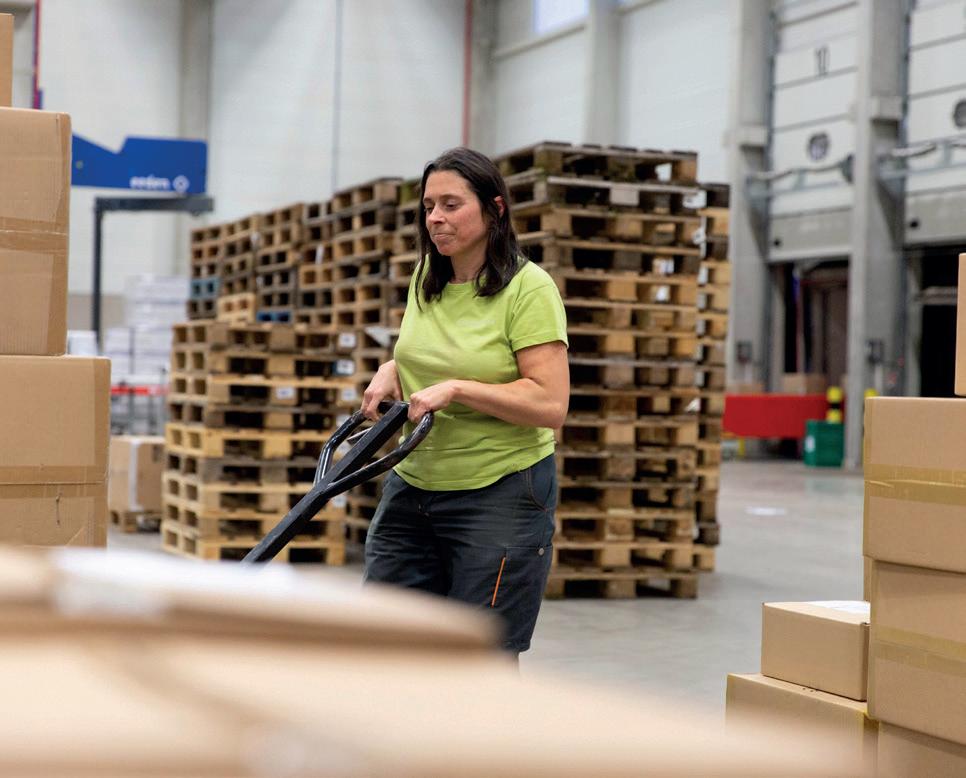
• Increase the percentage of recycled waste at our sites to 96%
• Reduce waste by stock and process management
• Develop alternatives in collaboration with our recycling and upcycling partners
Waste collected and recycled at our sites in 2024
Non-hazardous waste (Tonnes)
Hazardous waste (Tonnes)
AEEA, batteries 2,24 TOTAAL Collected
Evolution of electricity consumption at our sites

Our Group would like to actively contribute towards the development of a recycling chain for PPE in order to expand the share of recycled products.
In this context, we have initiated a collaboration with multiple partners to offer our customers complete recycling solutions.
Structuring the range of recycling solutions for PPE (work clothing, helmets, goggles and safety shoes) in collaboration with our partners:

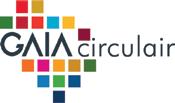


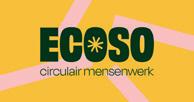
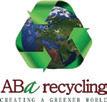
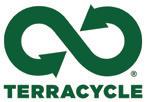
Maturing of collaborations with various partners based on customer demands and technological possibilities
Focus on putting customers in touch with a suitable processor
• Set up specific projects with ECOSORecovery of products which could have a second life
Upcycling of work clothing to laptop bags
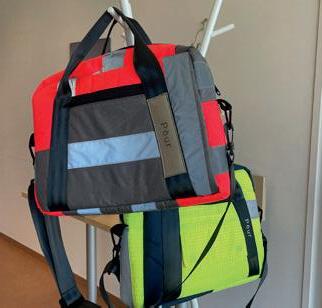
Resource boxes f or disposable clothing

Resource boxes for PPE, shoes and work clothing
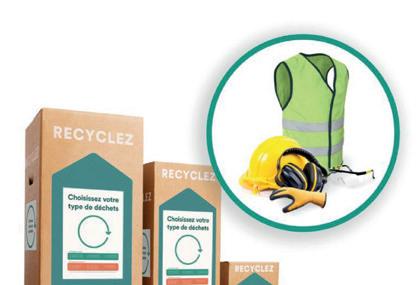
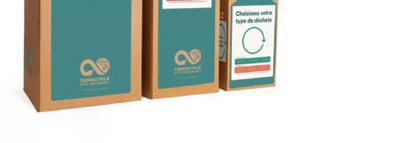
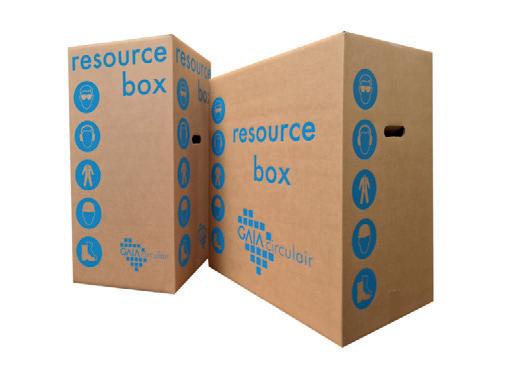





Stimulate and support the transition of the PPE sector to a more sustainable model
Strengthen dialogue and collaborations with our most important stakeholders
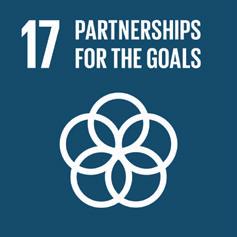
The dialogue with our stakeholders is an important aspect of Vandeputte’s CSR policy.
The 4th edition of the safety summit on 30 May 2024, where over 1000 visitors came long to find inspiration, learn, network and have fun.
• A fantastic mix of safety inspiration and practical tips for safety policy
• A bustling exhibition area with over 50 safety professionals
• A welcoming atmosphere with extensive networking opportunities
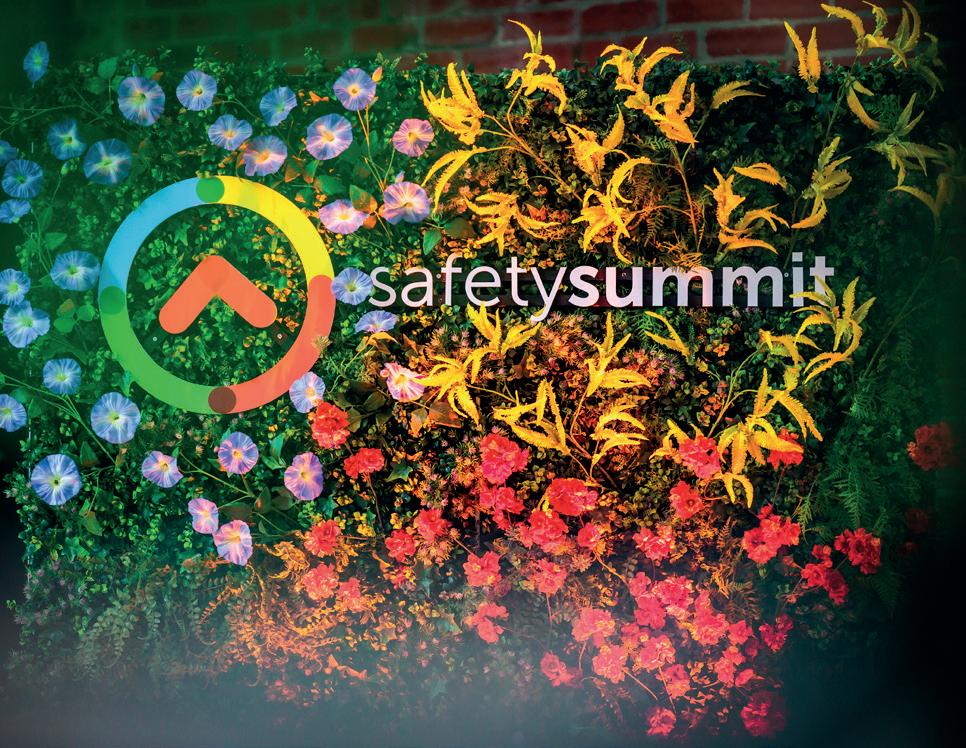
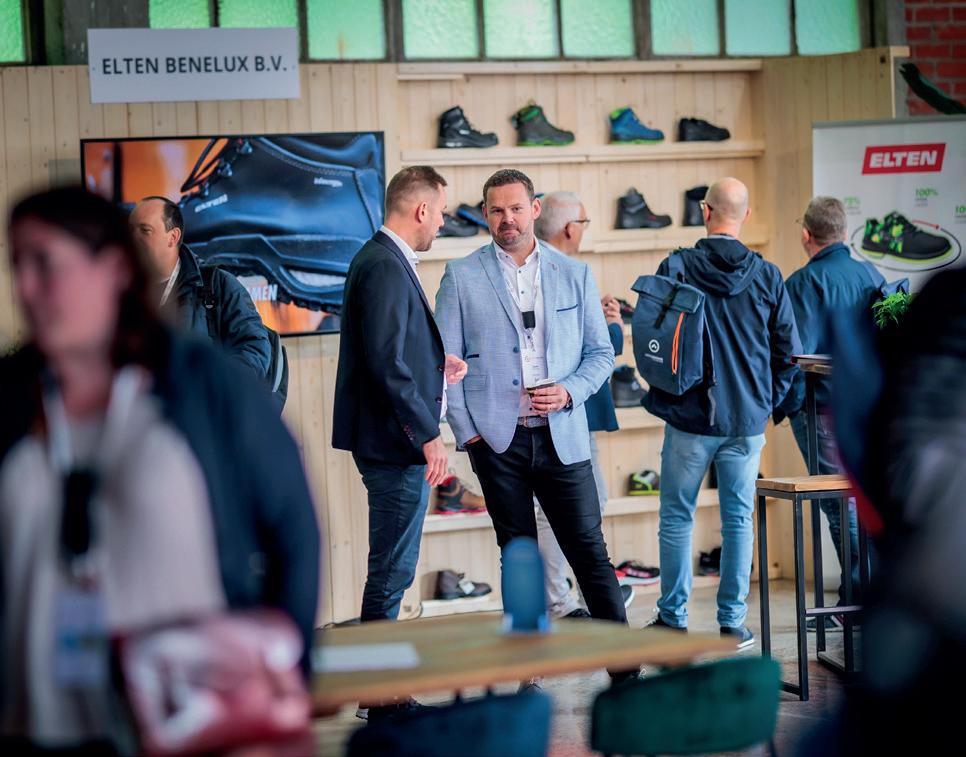
• Conduct an analysis of double materiality with commitment from our internal and external stakeholders
• Provide new information moments for our customers and suppliers about CSR topics
• Organise the Harbour Day in Zeebrugge
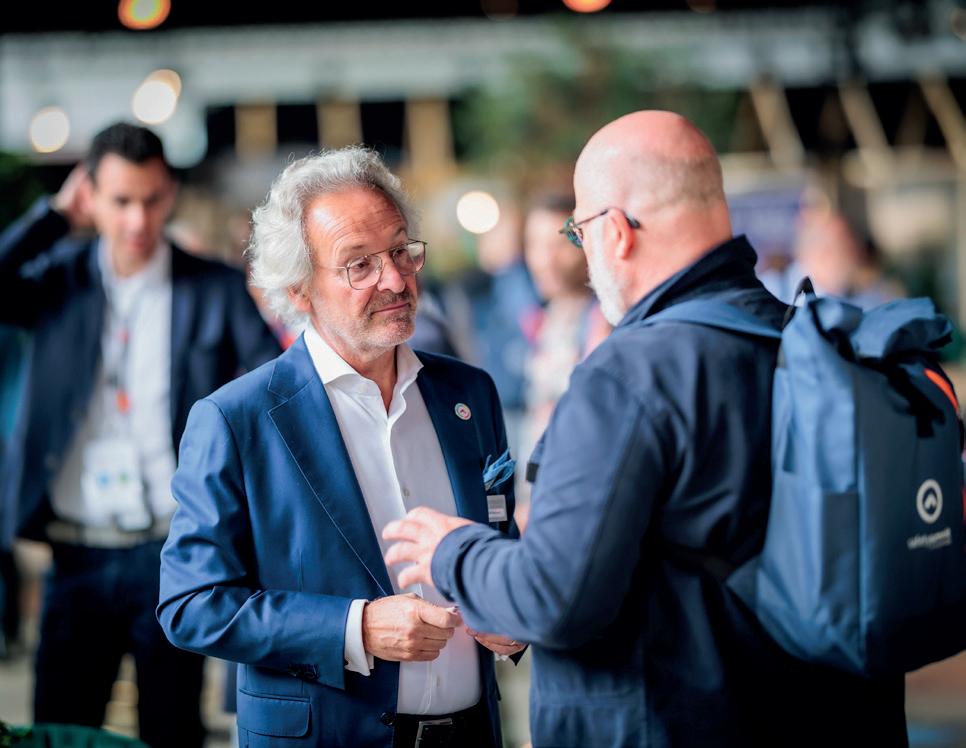
The Ethics and Responsibility Charter sets out the values and behaviours which apply to all employees and business partners.
We actively work to combat all forms of corruption and ensure that decisions are always based on objective criteria, without any (in)direct conflicts of interest.






• Organise a Webinar on Integrity compliance for the departments with a higher risk
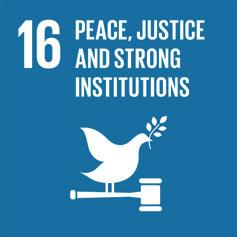
• Risk analysis on Ethical practices
• Due diligence procedure Finance & Credit Controlling
Contribute towards the reintegration of people who are disadvantaged in the labour market
Social-professional integration – Social Return on Investment (SROI)
Vandeputte supports the sustainable development of people who are disadvantaged in the labour market or offers opportunities to people with disabilities, both via direct employment as well as collaborations with social and circular organisations.
In the first line SROI, we have a structural partnership with customisation company ECOSO vzw - Circular Mensenwerk. They create work opportunities for people with a range of barriers to the labour market. Vandeputte supplies PPE and work clothing, among other things, for their projects in the events sector. There are also links to their projects, including De Recupperij, Refaced, De Schoenmakerij and Regiogreentex.
We also support dual learning in collaboration with Syntra Antwerpen & Vlaams-Brabant. Students follow training, such as the Logistics assistant dual programme, with practical experience in our warehouses.
Via second-line SROI, we work with suppliers who have signed up for inclusive employment. Veolia, for example, cooperates with sheltered workshops in the field of waste processing and waste substances are reworked via POUR into new products, such as fluorescent rucksacks.
• Focus on the various collaborations with a view to finding sustainable synergies
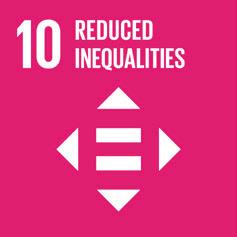
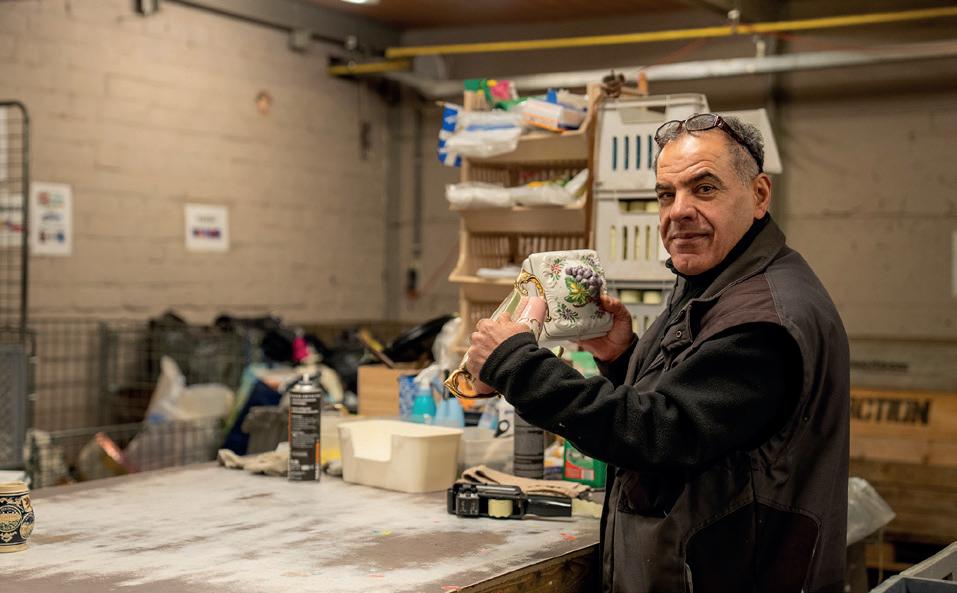
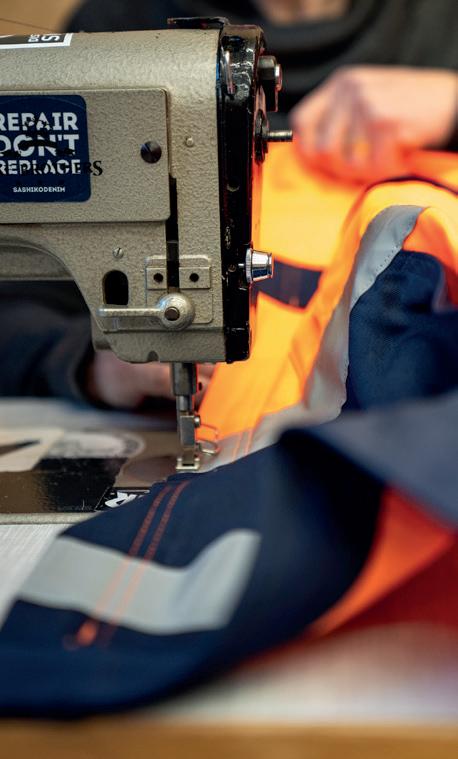
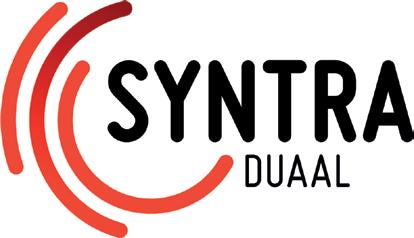
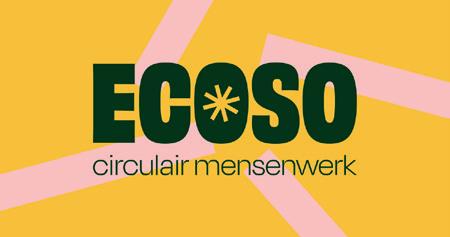
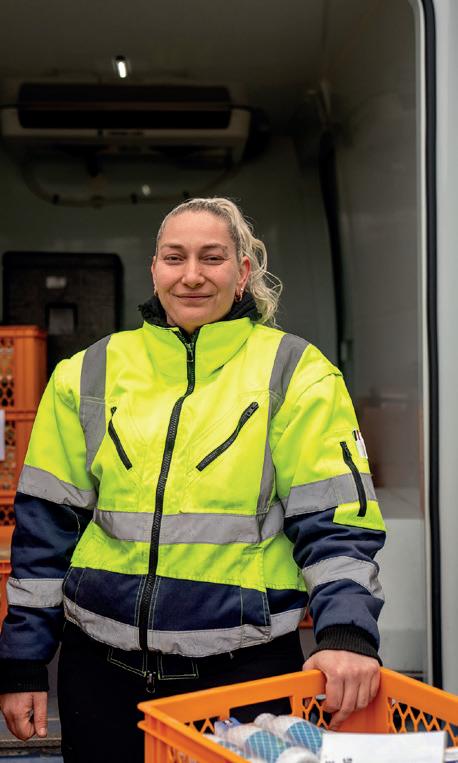
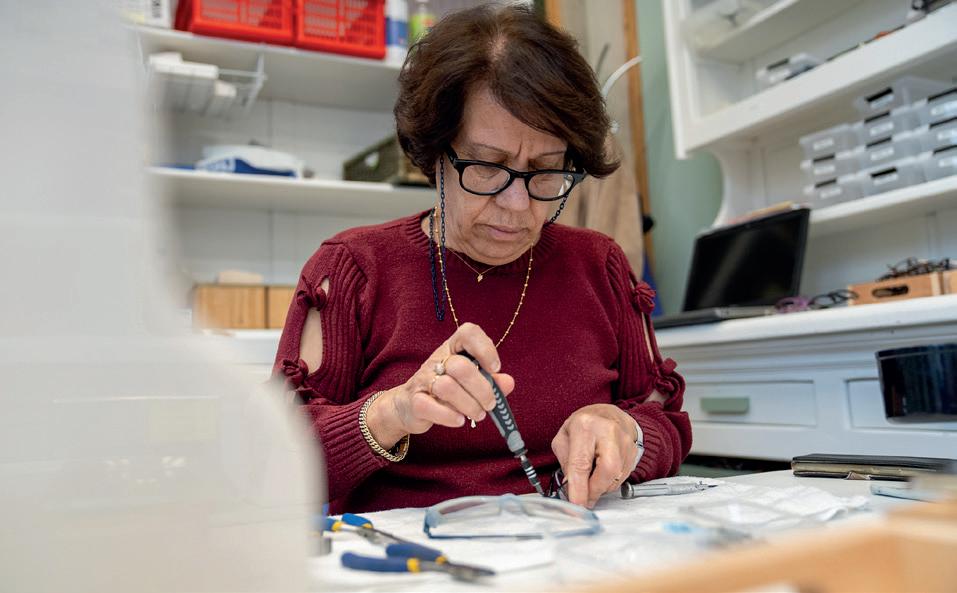
Support ecological and social goals
Vandeputte supports various social and environmental initiatives via financial sponsorship and practical gifts.
ACTIONS AND INDICATORS 2024
Donations of
• PPE to ECOSO vzw
• Materials to foreign fire services in regions that require aid
• Furniture to day centres
• 200kg bottle tops to support guide dogs for the blind
• Staff initiatives for the ‘warmest week’
donations to associations €70.000

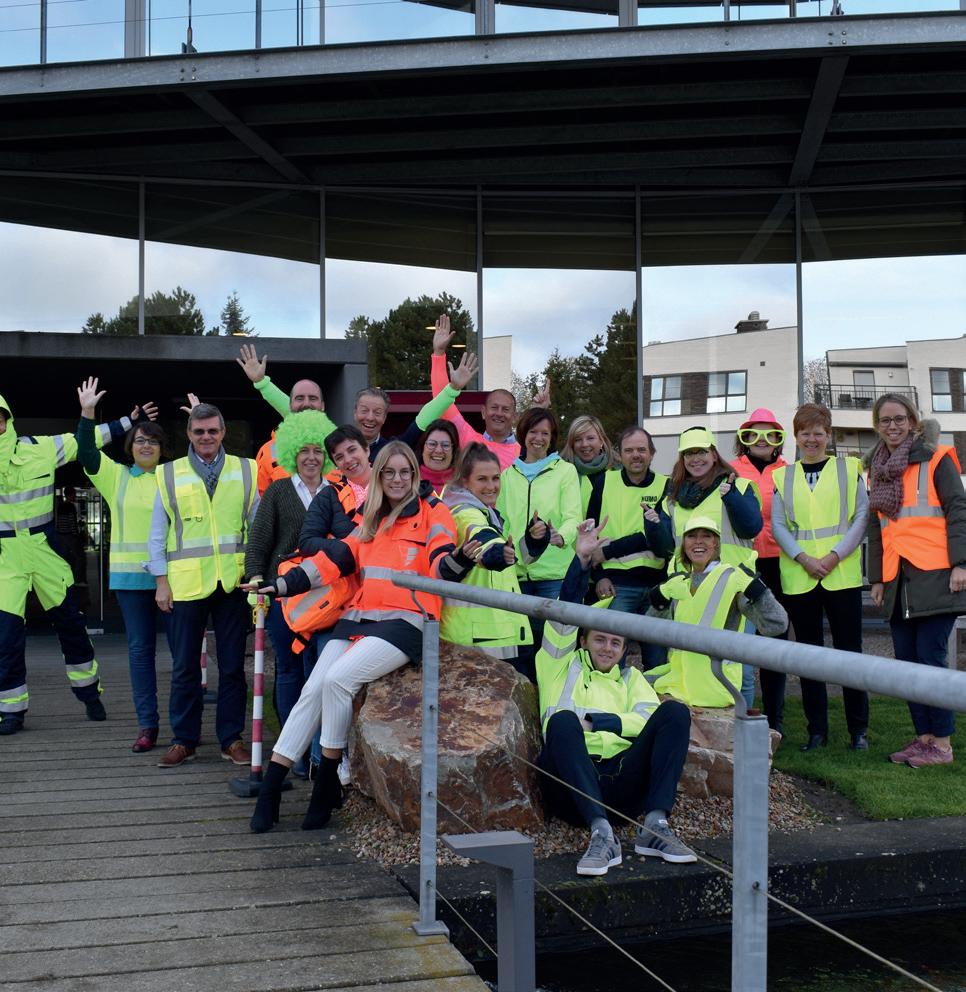
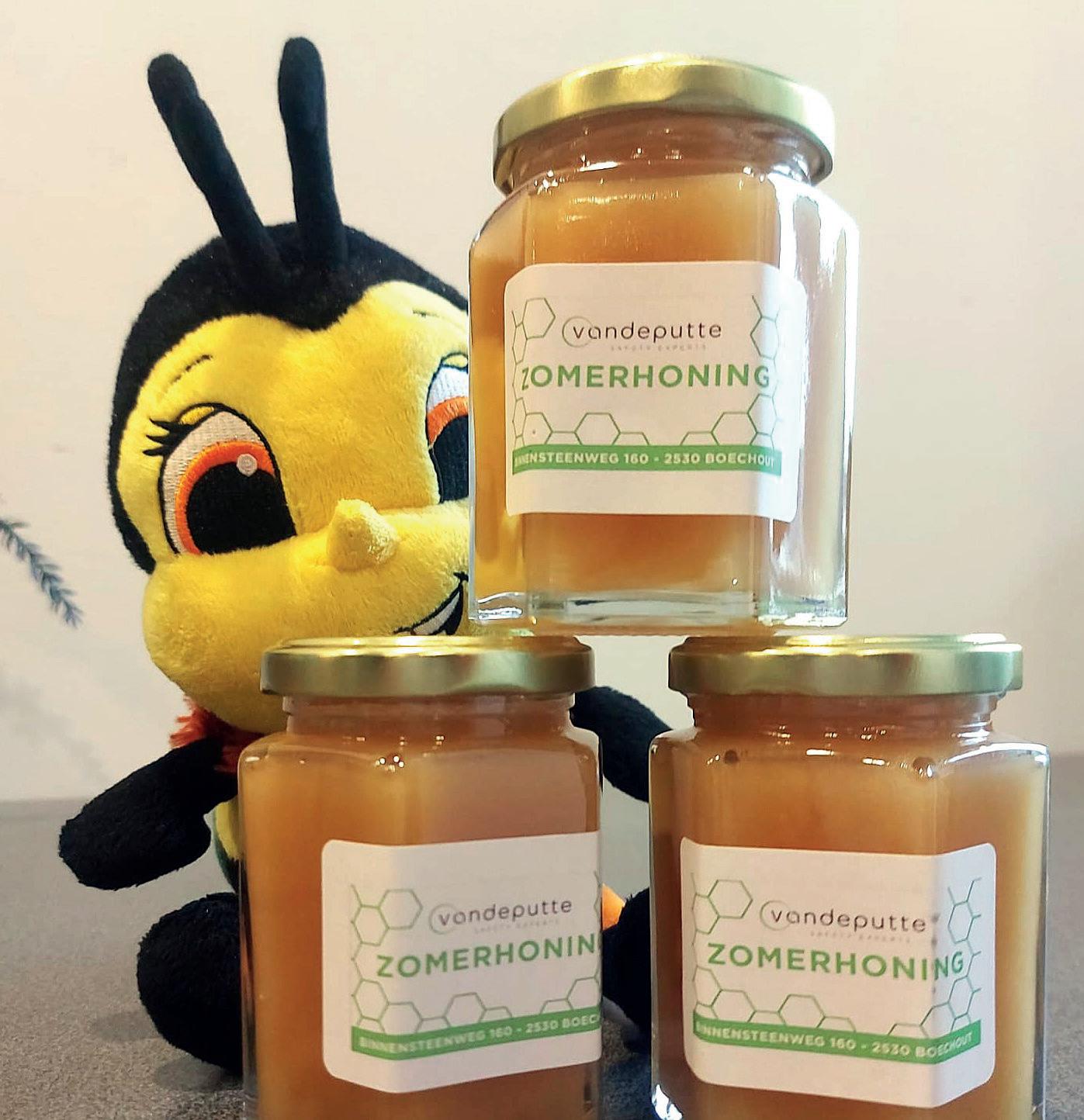
OBJECTIVES 2025
• Support social and ecological goals structurally




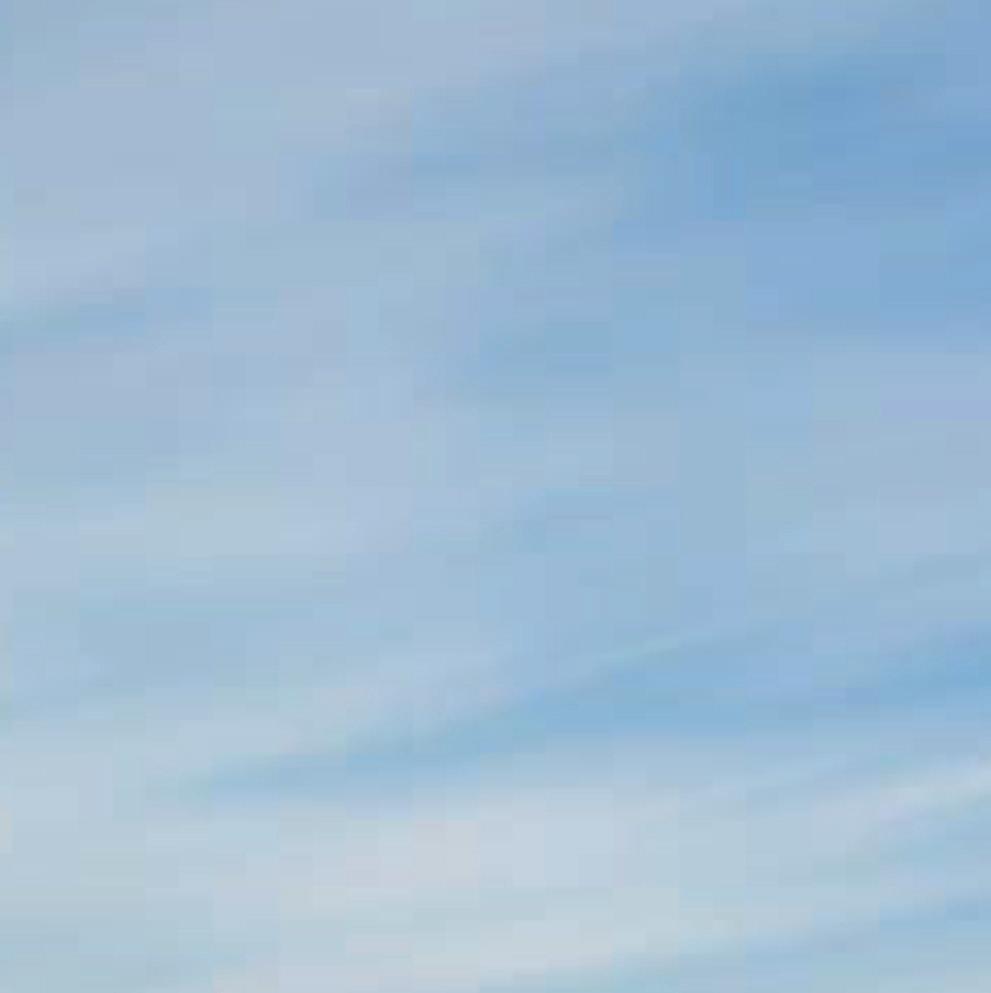




Training courses
Diversity and equal opportunities Diversity policy and actions / Equal opportunities
Gender equality
Work
and (re)integration
Support of and compliance with ILO provisions Pages 10 and 11
Adjustment
Voluntary


